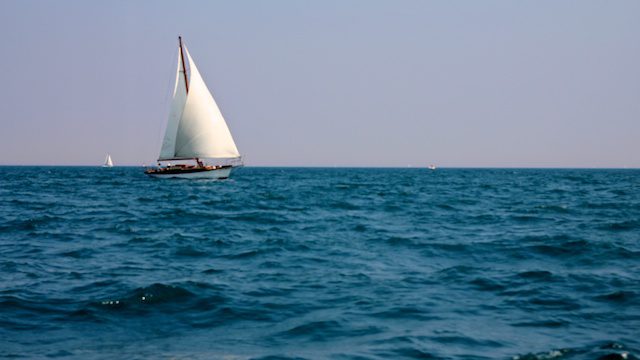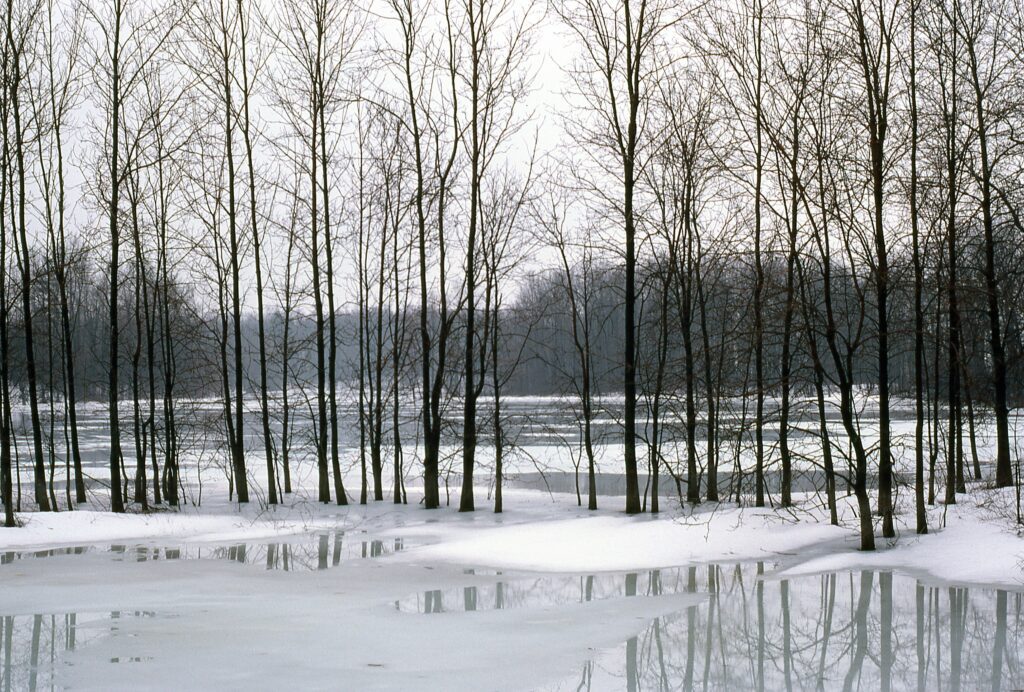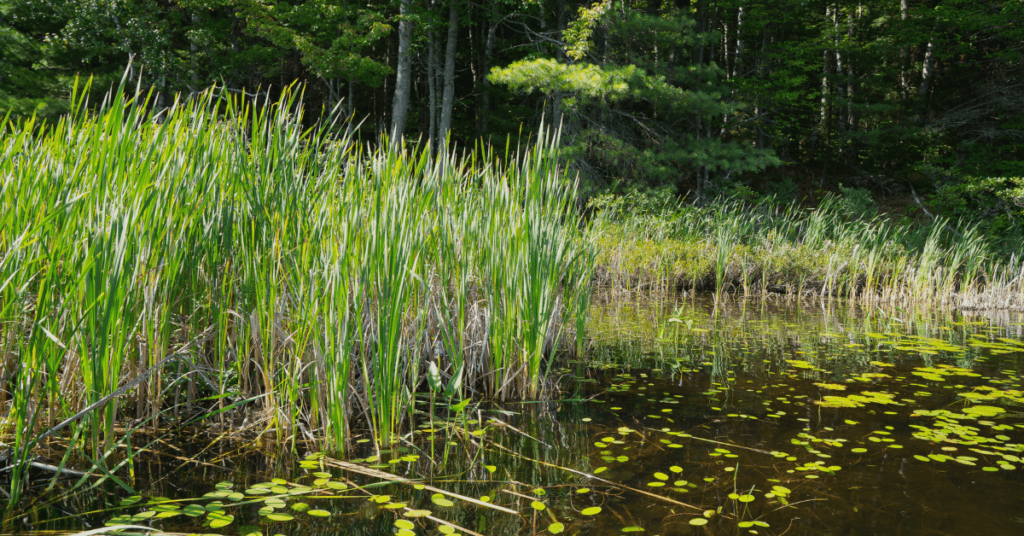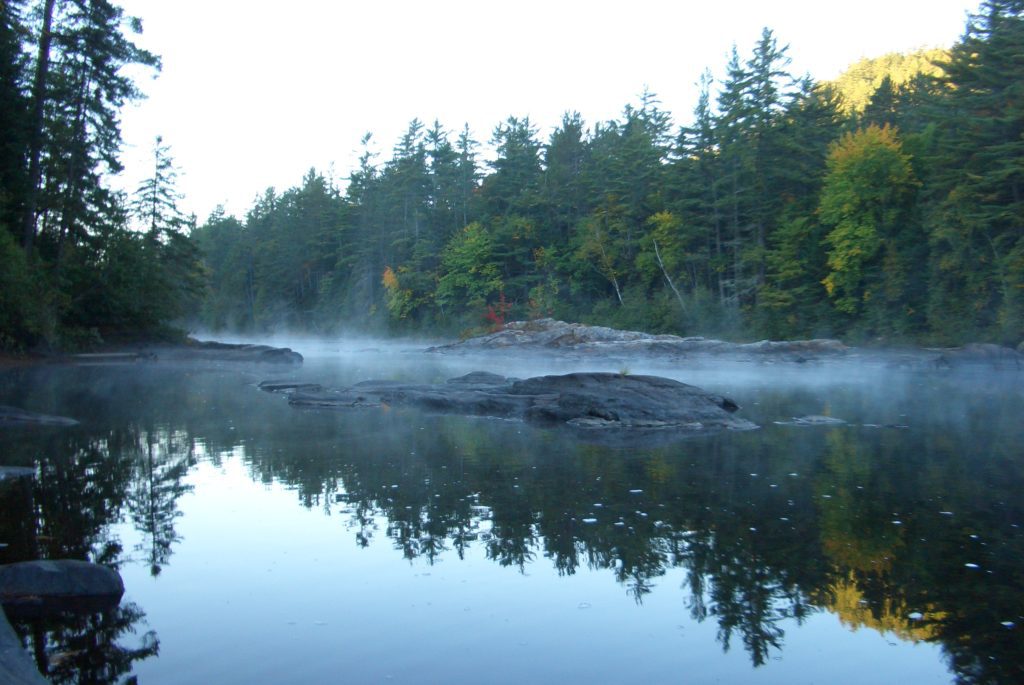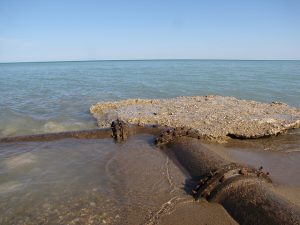 Representatives of Great Lakes states and provinces met today to vote in a preliminary decision on Waukesha Wisconsin’s request to draw water from Lake Michigan. During the meeting, Ontario and all the other voting members (except for Minnesota, which abstained), disappointingly voted to accept the application. And in doing so, weakened the standards of the Great Lakes–Saint Lawrence River Basin Sustainable Water Resources Agreement (and the corresponding Great Lakes -St. Lawrence River Basin Water Resources Compact) which were meant to safeguard and protect the Great Lakes from unnecessary diversions.
Representatives of Great Lakes states and provinces met today to vote in a preliminary decision on Waukesha Wisconsin’s request to draw water from Lake Michigan. During the meeting, Ontario and all the other voting members (except for Minnesota, which abstained), disappointingly voted to accept the application. And in doing so, weakened the standards of the Great Lakes–Saint Lawrence River Basin Sustainable Water Resources Agreement (and the corresponding Great Lakes -St. Lawrence River Basin Water Resources Compact) which were meant to safeguard and protect the Great Lakes from unnecessary diversions.
Today’s vote was about more than just one community and its water supply — it was about setting a precedent for future diversion proposals. The Great Lakes Compact and Agreement do not allow communities outside the basin to draw water from the lakes. Waukesha was the first community half in and half outside of the Great Lakes basin to request an exemption on the ban on water diversions. As such, it was a test of the agreement, and unfortunately, the process and results are disappointing.
Today was Ontario’s last chance to have a say over this precedent-setting decision before it goes on to a final vote by U.S. states next month.
We wrote about the importance of not taking this test case lightly. Thousands of people spoke out and asked the province to deny the application. And out of the 11,200 public comments received by the bi-national regional body during the public comment period, a total of 99 per cent (and 100 per cent of the Canadian comments) either opposed or expressed strong concerns about the request. On this side of the border, First Nations, NGOs, and 14 municipal governments voiced opposition. Although the province initially echoed these concerns in its technical review, it still decided to give the project an OK, with some conditions.
A precedent has been set for future diversions
When officials from Ontario and Quebec and the eight U.S. Great Lakes states met last week to complete a regional review of Waukesha’s request before today’s vote, a preliminary agreement was reached to remove additional portions of adjoining communities from Waukesha’s planned area, reduce the water diversion from over 10 million gallons per day to 8.2 million gallons per day, and require significant monitoring and reporting of the water that would return to the Great Lakes.
These changes are improvements, and Ontario played an important role in adding these conditions, which shows that the public’s voice did make an impact. All of you who signed our petition and voiced your concerns helped secure these improvements. The amendments, however, still fail to address many of the concerns Ontario raised in its technical review. With this missed opportunity to oppose the application, a dangerous precedent has been set.
The application sets a low bar for accepting future diversion proposals. Key criteria for diversions intended to protect the water balance of the Great Lakes ecosystem have not been satisfied. Most importantly, the application did not sufficiently explain why other alternatives to the diversion proposal were not reasonable. Though Waukesha has naturally occurring radium in its groundwater, independent reports showed that Waukesha had cheaper alternatives for providing residents with safe drinking water. Neighbouring communities who share the same aquifer have been treating the water.
Another problem with the decision is that it didn’t secure proper public input, because the public didn’t have an opportunity to weigh in on any of the revisions or technical materials produced after the public comment period closed in early March.
Take Action
Ontario missed its last chance to formally oppose the application. And the decision today by the Regional Body is a blow against an agreement created to protect the Great Lakes.
That said, the thousands that voiced their opposition to the diversion did make an impact by helping to secure important improvements to the application. We need to continue using our voices to protect the Great Lakes. This decision will not deter us.
The Great Lakes are vital to the region’s ecosystem and economy. They represent 20 per cent of the world’s available surface freshwater. Only a small fraction of this supply is renewed annually. As climate change threatens the lakes more and more, and populations continue to grow, the demand for these limited water supplies is increasing.
Our work isn’t over. There’s more we can do to ensure the health of the Great Lakes. One growing challenge is plastic pollution, with levels of plastic waste in the Great Lakes now paralleling those found in the floating garbage patches in the Pacific Ocean. Learn more about what you can do by visiting environmentaldefence.ca/turntheplastictide.



